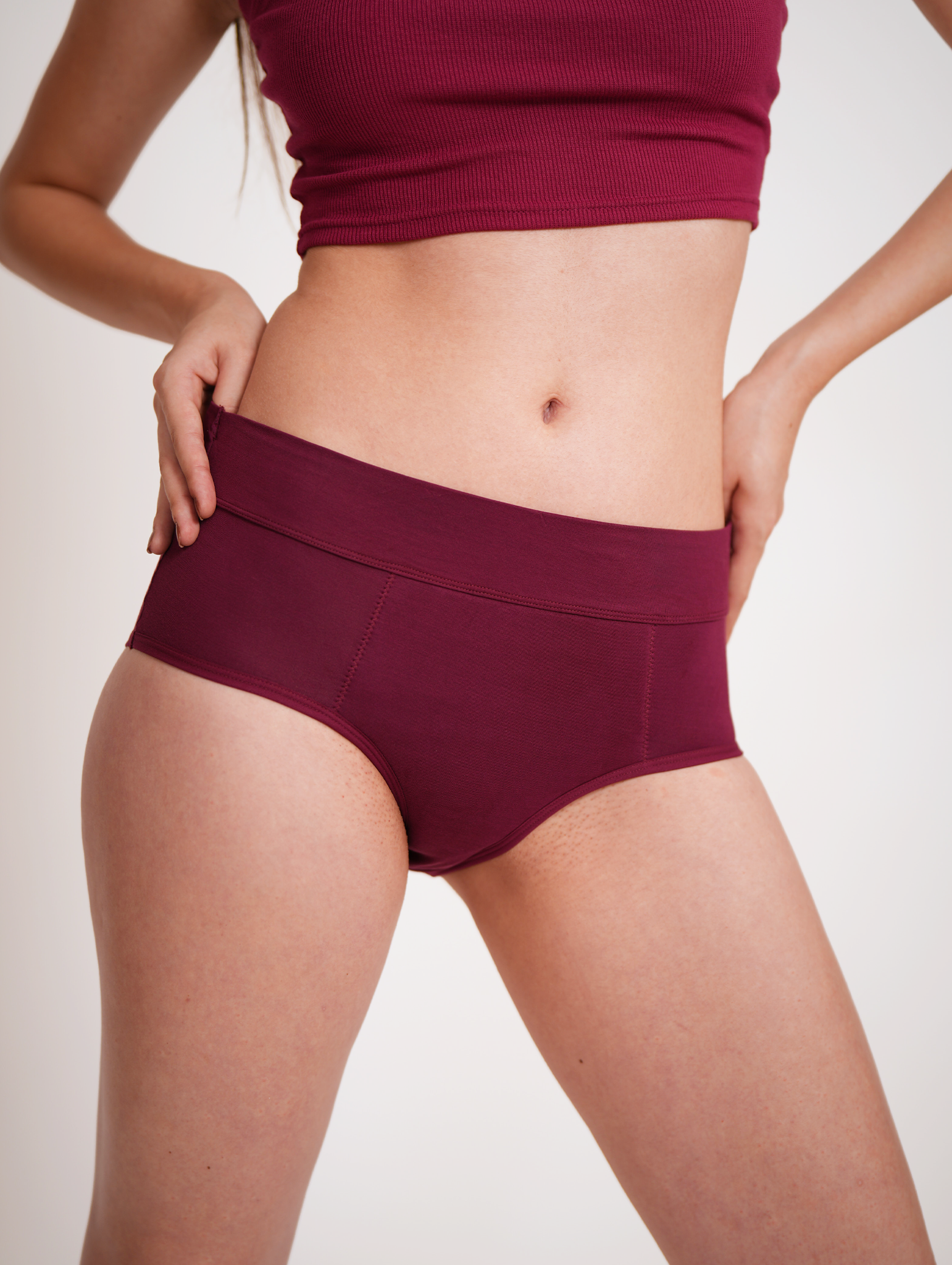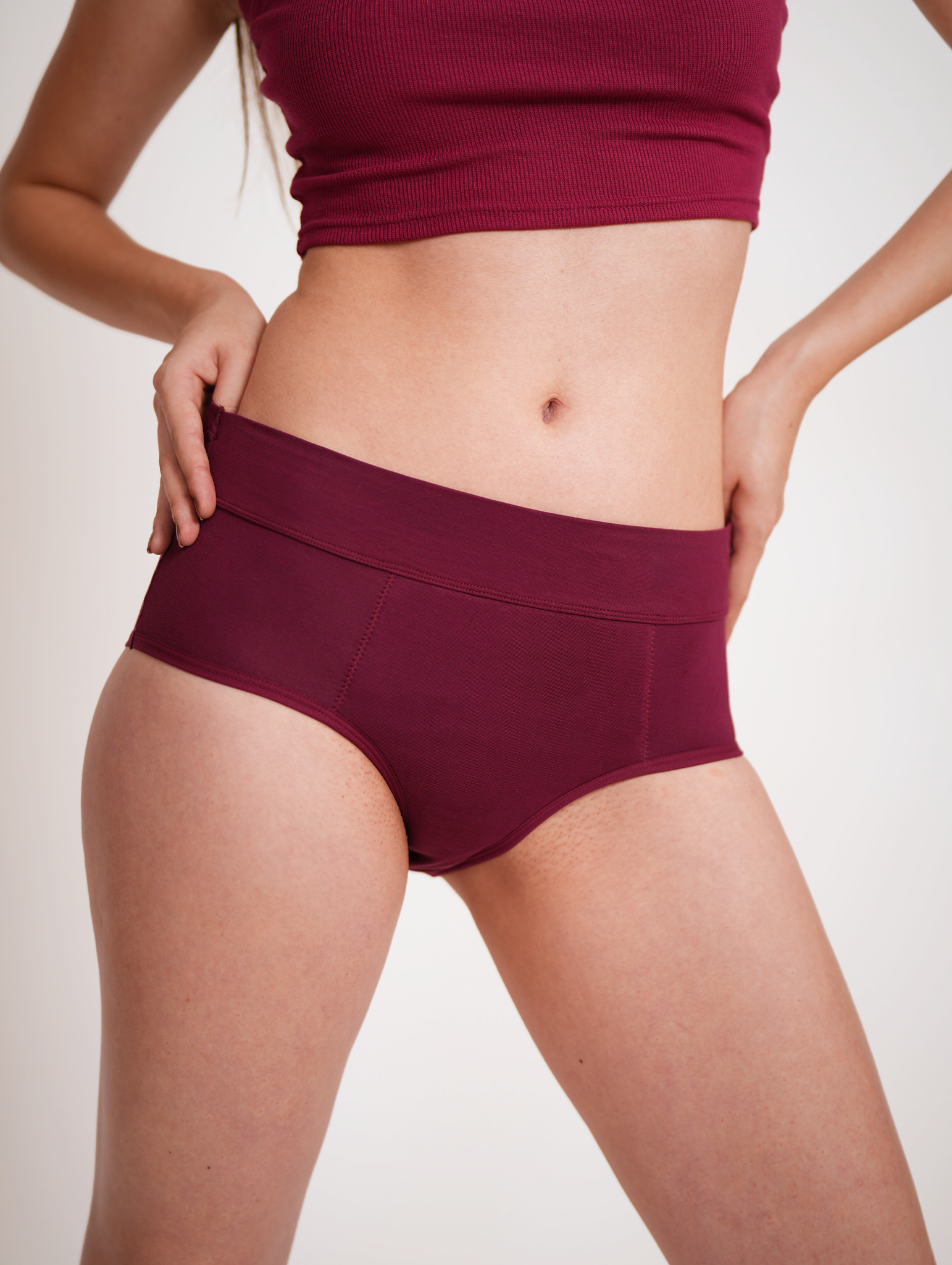Understanding Period Diarrhea
Just when you’re already dealing with cramps, mood swings, and fatigue, diarrhea decides to join the chaos!
Ever wondered why this happens? You’re not alone—around 74% of women experience digestive discomfort during their period, and about 24% report diarrhea as part of the experience.
The culprit? Progesterone. While prepping your uterus for its monthly duties, this hormone also disrupts your intestines, causing them to contract more than usual. The result? Unwanted bathroom runs and unpredictable digestive issues feel like an extra punishment.
If you’re tired of this monthly surprise, don’t worry! We’re about to decode this messy mystery and give you some pro tips to manage it like a boss.
Ready? Let’s dive in.
How Progesterone is interlinked with Digestive issues

During the menstrual cycle, progesterone—a hormone produced by the ovaries—prepares the body for pregnancy by thickening the uterine lining during ovulation. When pregnancy doesn’t occur, the level of progesterone drops, thus triggering the periods. But here’s where things get messy: progesterone does not only affect the uterus; it also slows down muscle contractions in the intestines. This causes food to move faster through the digestive tract, giving your body less time to absorb water, which results in loose stools or diarrhea.
Apart from progesterone, another culprit behind period poops is the prostaglandins—chemical messengers that are produced in the lining of the uterus. Prostaglandins not only trigger uterine contractions but also help shed the uterine lining during periods. These chemicals can also spill over into the intestines, causing them to contract. When this happens, the digestive system speeds up, leading to bloating, cramping, and yes—diarrhea.
So, if period cramps weren’t enough, prostaglandins make sure your gut joins the chaos, too. Double trouble, indeed!
Ways to stop, manage, and prevent digestive issues during Periods

It’s completely normal to experience diarrhea and digestive issues during the period—it’s just part of the process. But don’t worry—there are simple ways to manage it and keep your tummy calm.
Stay Hydrated:
Diarrhea can leave you feeling drained and dehydrated. Drink plenty of water, but avoid sugary juices rich in sodium, as they can increase inflammation and worsen the process. Instead, opt for coconut water or electrolyte-rich drinks to replenish lost fluids and maintain balance.
Eat Fiber-Rich Foods:
Soluble fiber absorbs water, helping to firm up stools and regulate bowel movements. Foods like bananas, apples, and oats are great options. However, avoid whole grains and insoluble fiber as they can aggravate diarrhea. Also, avoid heavy, fat-rich foods that can be hard to digest and worsen discomfort.
Add Probiotics:
Probiotic-rich foods like yogurt or supplements can help restore gut balance, ease digestion, and keep your tummy cool.
Avoid Trigger Foods:
Certain foods, like spicy dishes, caffeine, and high-fat meals, can irritate your digestive system and intensify diarrhea. Stick to bland, easy-to-digest foods to keep your stomach settled.
Avoid Caffeine
Caffeine (like tea, coffee, and energy drinks) stimulates digestion and worsens diarrhea. Since you’re losing potassium during diarrhea, it’s better to replace it with electrolyte-rich drinks or oral rehydration solutions.
The Below table shows things to have and avoid during Diarrhea on your Period Days
|
What to Eat |
What to Avoid |
|
Bananas |
Spicy foods |
|
Apples |
Caffeine (coffee, tea) |
|
Oats |
Sugary juices |
|
Plain rice |
High-fat foods |
|
Boiled potatoes |
Whole grains |
|
Coconut water |
Processed foods |
|
Yogurt (rich in probiotics) |
Carbonated drinks |
|
Electrolyte-rich drinks |
Dairy (if lactose intolerant) |
By following these steps, you can keep your tummy happy and reduce period-related digestive drama!
FAQ’S
1️. How long does period diarrhea last?
Period diarrhea usually lasts 1-3 days, occurring at the start of your cycle when progesterone drops and prostaglandins peak, causing increased intestinal contractions.
2️. How to treat period diarrhea?
Stay hydrated with water or electrolyte drinks, eat fiber-rich foods like bananas and oats, add probiotics to balance your gut, and avoid spicy foods, caffeine, and high-fat meals to prevent worsening symptoms.
3️. How to stop an upset stomach during your period?
Eat small, frequent meals to reduce bloating, avoid fatty and processed foods, add probiotics to improve digestion, skip caffeine, and stay hydrated with coconut water or electrolyte drinks.
4️ Why does my stomach feel bloated during periods?
Bloating occurs due to progesterone and estrogen fluctuations, which cause water retention and slower digestion, leading to gas buildup and discomfort.
5️. Can probiotics help with period-related digestive issues?
Yes, probiotics restore gut balance, improve digestion, and reduce bloating, diarrhea, and cramping during periods. Include yogurt, fermented foods, or supplements for best results.



